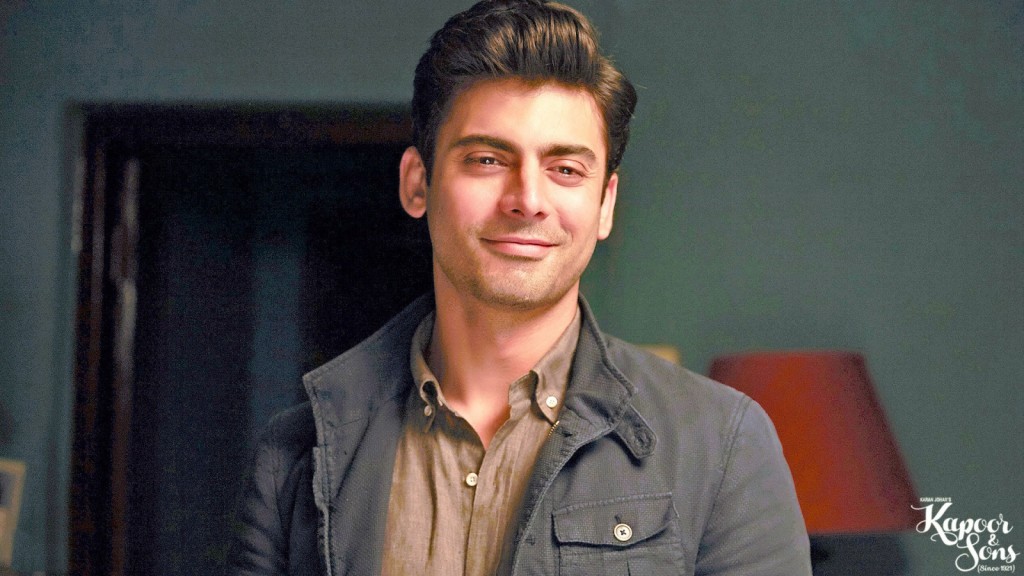I love Karan Johar. Ever since I was 8 and cried for Kajol in Kuch Kuch Hota Hai while the rest of the hall was laughing at her attempts to put on make-up, I have watched every Karan Johar movie on the first day. Over the years, this loyalty spread to Dharma films. Of course, this has meant sitting through painful experiences such as Kaal and Shaandar.
But I watched Kapoor and Sons twice in the same day – the customary first show and an additional last show. I liked many things about the movie, the people, the characters, Fawad Khan, Ratna Pathak, Coonoor.
But something else impressed people more. Internet was flooded with comments about Fawad Khan’s mature portrayal of a gay man. People commended the character’s inner conundrum about coming out, his hesitation, and that being gay is only a part of his life.
I really liked Fawad Khan too. And that’s the problem.
I suspect why I liked Fawad Khan was because he looked and talked and felt right. He was one of us, one of the people we know, run into at malls or at the tennis court, he’s the Indian counterpart to the Will (or the QAF or Glee) that we’ve been yearning for.
For me, Bobby Darling was just not cutting it. I wanted a ‘real man’ playing gay me on TV, who was conventionally attractive, was like any other man, had muscles, was able-bodied and rich. Every time I complained about stereotyping, all I wanted was for a beefy ‘just like you’ man replace the effeminate man on screen. Because effeminacy is boring and unattractive. Grindr taught me that bodies need to be conventionally attractive otherwise a volley of racist, casteist, body shaming, sexist abuse is coming your way.
I am used to pushing the non-perfect bodies to the side like they don’t exist while I try to look gym-returned. I don’t want poor partners or people from backward castes, or effeminate folks cuz that’s going to ruin the ‘we’re just like you’ line for me.
Hence, in my icons and television characters, I want the rich upper caste, upper middle class, attractive, able-bodied masculine man. This is the danger of the ‘gay people are just like you’ narrative. Because many many LGBT folk aren’t just like ‘you’ – the dominant representation. In the West, that would mean a rich white able-bodied cis man. In India, it’s Fawad Khan.
Don’t get me wrong. I loved the character. I love that his mother has no vocabulary for the coming out conversation – that she uses the word ‘dost’ after much hesitation. I loved that he wanted to ease his other into the realization.
But I’m also scared that my ease with the character was because I recognize him in my prejudices. Because his ‘coming out’ story and attempts were like the ones I saw in Hollywood. Because he’s the sort of man who’d set Grindr on fire. Because he had none of the ‘weaknesses’ of many real-life LGBTQ folk.
I’m scared my liking for Fawad Khan had less to do with my relief about the end of stereotyping and more with the beginning of the end of effeminacy on screen.
- Queer Struggle Doesn’t End With Section 377 Or Same-Sex Marriage Laws - November 26, 2016
- Video Series Captures Life Experiences of LGBTQ People - May 18, 2016
- Two LGBT Activists Hacked To Death In Bangladesh - April 25, 2016

